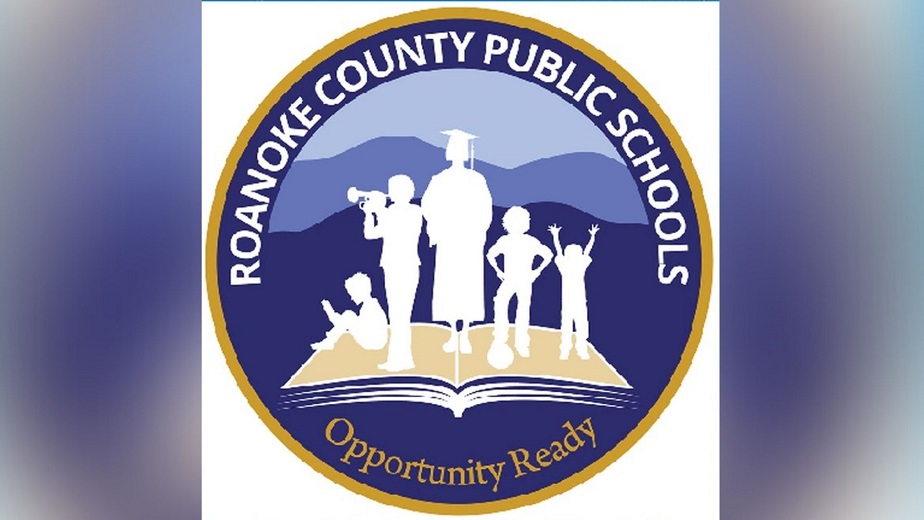Socially distant block party brings Roanoke neighborhood together
ROANOKE, Va. – Socially distant gatherings via Zoom or FaceTime have become the new normal, but a neighborhood within the Grandin-Raleigh Court area has found a way to party together in a less-isolating way.
Joseph Park is using both trivia and dance to outshine the times and enliven his neighborhood.
“We knew people were in a bad place in terms of, stuck at home and not able to go out,” Park said, “So they needed an entertainment factor.”
Each Saturday, this DJ takes his turntables to the street.
“I thought I was going to be done after one week,” Park said, “But the neighborhood pressured me to do it again, so my assumption is I’ll do it until the quarantine or the stay at home order is relieved.”
They’re calling it the “Alberta Avenue Social Distancing Block Party.” Park said at least 10 neighboring houses join in each week. Travis Hunter’s family looks forward to these parties, breaking out their lawn chairs and being present with community.
“It just lifts everybody up really,” Hunter said. “People stay in the house, they get depressed, not want to do anything, makes you just want to have fun… stay outside, be interactive, stay apart from each other but have fun.”
Park said he’s giving out a $25 gift card to a local restaurant to the neighbor who wins this week’s trivia.




